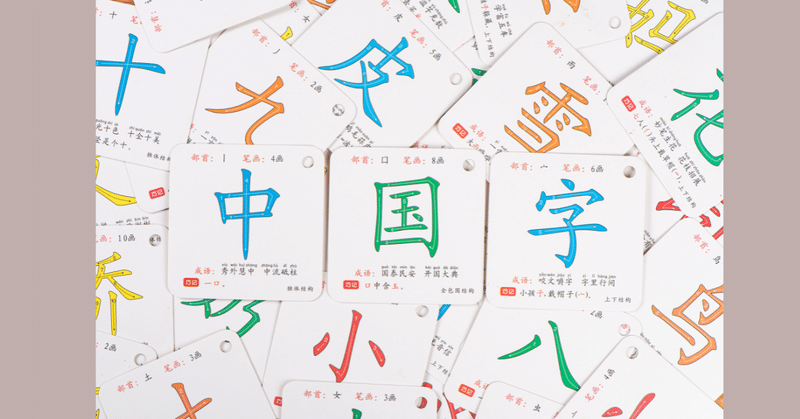
File.10 漢字‐Chinese Charactor
漢字はセクシーだ。
日本語を教えていて、皆漢字に苦労していて日本人として何だか申し訳ない気持ちにもなるのだけれど、改めて漢字って奥深くて面白いなあと思う。
私たちが何気なく日々読んでいる漢字だけれど、単体で見たときにもそれぞれの漢字の持つ意味が感情を持って心に訴えかけてくる。
例えば今人気の「葬送のフリーレン」。葬送という言葉は知らなかったけれど(造語?)「葬」と「送る」で誰かを見送るのかな。。何だか切なそうな悲しい感じ・・・と内容を知らなくても意味を受け取ることができる。
この感覚は表音文字のアルファベットにはないもので、漢字はとても彩りと深みがある文字だと思う。
最近、日本語の生徒さんの名前を漢字にするのが私の中でブームだ。
例えばVanessaさんの名前。いくつかの漢字(名前に使えそうな比較的良い意味の)を挙げて一つ一つ意味を確認して、形を見て一緒に決めたのが、
[葉音砂]ばねっさ
うん、何かキレイで良い感じ(*^-^*)
Brendanさんは、
[武蓮弾] ぶれんだん
何か強そうだけど(「武」が)「蓮」で雄々しいのが少し緩和されて甘辛ミックスというか、これも好きなひとつ。
単体の漢字、組み合わせの仕方で、はっきり言語化ができない彩を持った感覚を感じることができるところが、とてもセクシーだ。
Kanji is fascinating. While teaching Japanese, I sometimes feel sorry for non-Japanese learners struggling with kanji. However, rediscovering their depth and charm makes me appreciate them even more. We casually encounter kanji every day, yet each character has a unique meaning that resonates with our emotions when seen individually. For instance, in the popular "Sousou no Freelancer," even without knowing the word "Sousou," the combination of "葬" (send off) and "送る" (escort) evokes a poignant and sad feeling.
This sensation, absent in phonetic alphabets like the Latin script, highlights the richness and depth of kanji.
Recently, I've been on a trend of converting my Japanese students' names into kanji. For example, Vanessa's name became
"[葉音砂]ばねっさ,"
a beautiful and pleasant combination after carefully selecting kanji with positive meanings.
Brendan's name, represented as "[武蓮弾] ぶれんだん,"
exudes strength with "武" (military), while the inclusion of "蓮" (lotus) softens it, creating a delightful blend of toughness and gentleness.
The allure of kanji lies in the individual characters and how they combine, creating a sensation that cannot be precisely articulated in language. It's a sexy quality.
この記事が気に入ったらサポートをしてみませんか?
